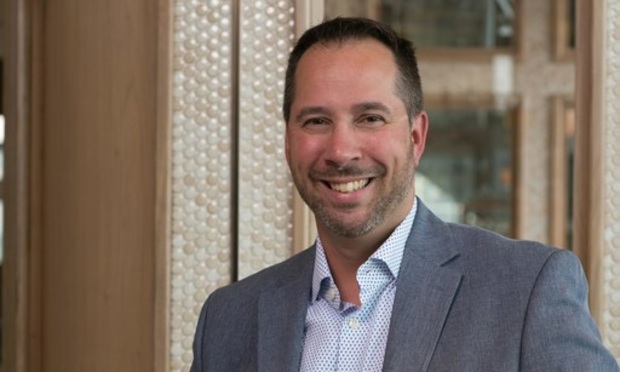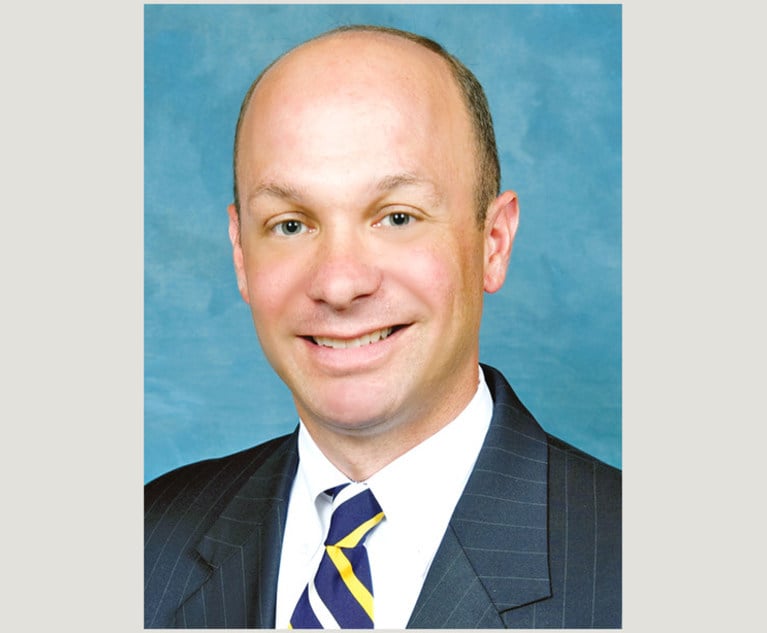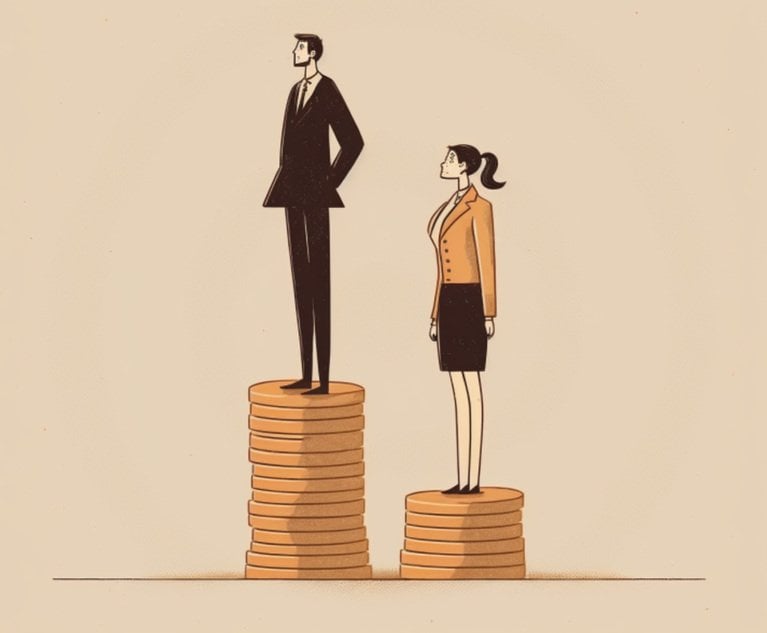In recent years the U.S. Supreme Court has sent a clear message when it comes to religious freedom. Whether it comes to a cake baker’s decision to deny service to a gay couple (see Masterpiece Cakeshop v. Colorado Civil Rights Commission, 584 U.S. __ , 138 S. Ct. 1719, 201 L. Ed. 2d 35) (2018)), exemptions for employers with religious or moral objections to birth control for workers (see Little Sisters of the Poor Saints Peter and Paul Home v. Pennsylvania, 591 U.S. ___ (2020)), and now giving faith-based institutions wide leeway to hire and fire employees whose jobs are tinged with religious duties (see Our Lady of Guadalupe School v. Morrissey-Berru 591 U.S. ___ (2020)). In each of these instances the high court has sided with religious liberty over perceived or alleged discrimination. Given that the free exercise clause appears in the very first amendment to the Bill of Rights, it should come as no surprise that anti-discrimination laws would give way to religious liberty.
In 2012, the Supreme Court issued its first decision on a judicial doctrine known as the “ministerial exception,” which essentially prohibited ministers from suing faith-based organizations, including schools and churches for employment discrimination. See Hosanna-Tabor Evangelical Lutheran Church and School v. Equal Employment Opportunity Commission, 565 U. S. 171 (2012). At issue in that case was an employment discrimination claim brought by an elementary school teacher, Cheryl Perich, against the religious school where she taught. Adopting the so-called “ministerial exception” to laws governing the employment relationship between a religious institution and certain key employees, the Supreme Court found relevant Perich’s title as a “minister of religion, commissioned,” her educational training, and her responsibility to teach religion and participate with students in religious activities.


 Jeffrey Campolongo.
Jeffrey Campolongo.




